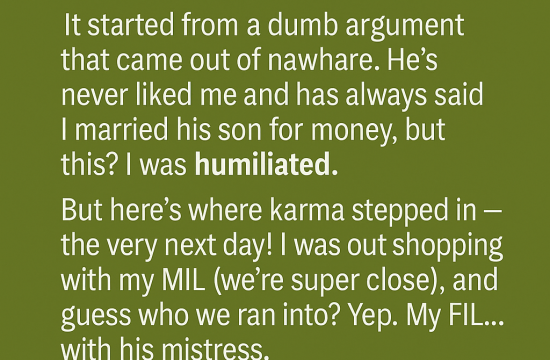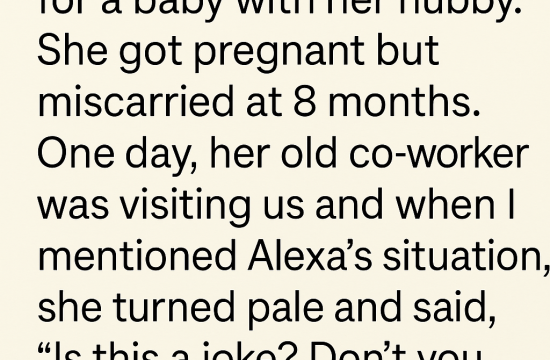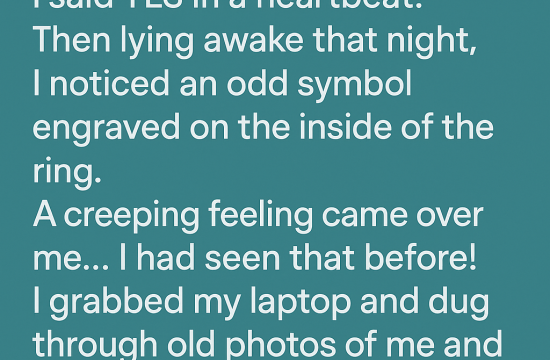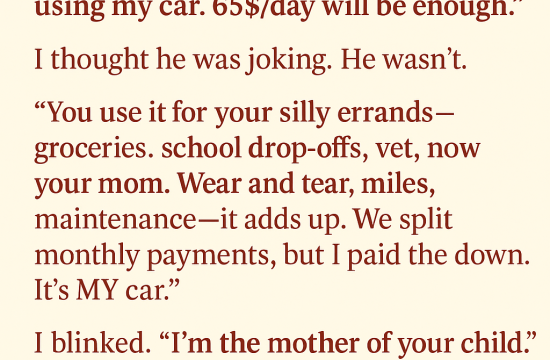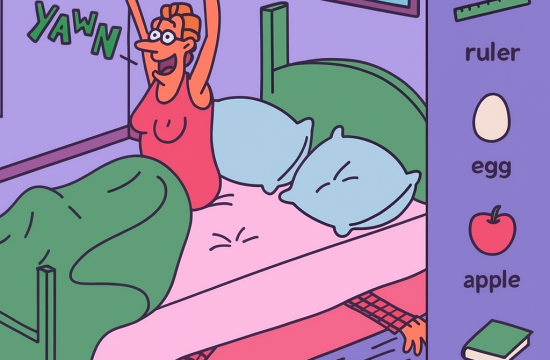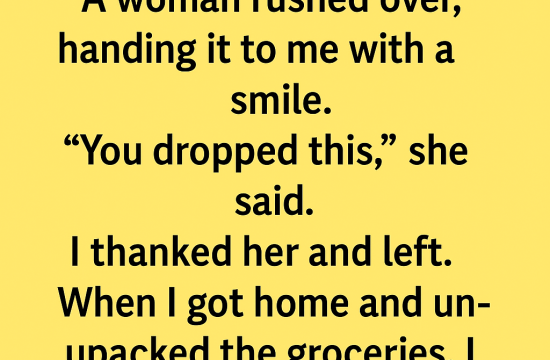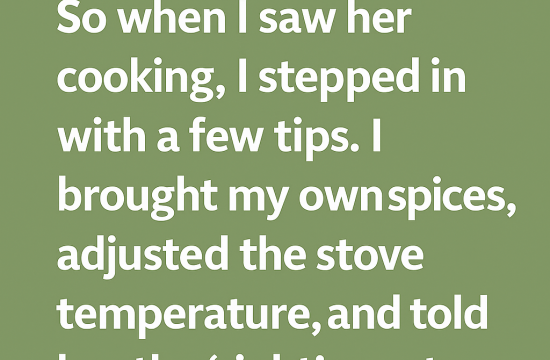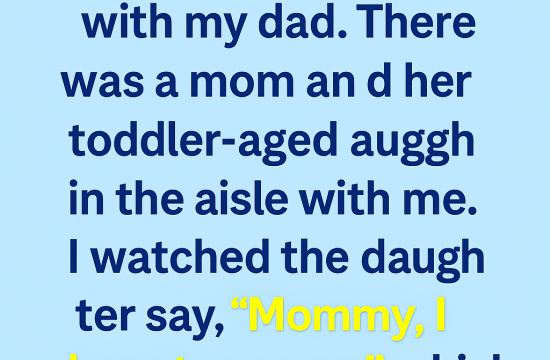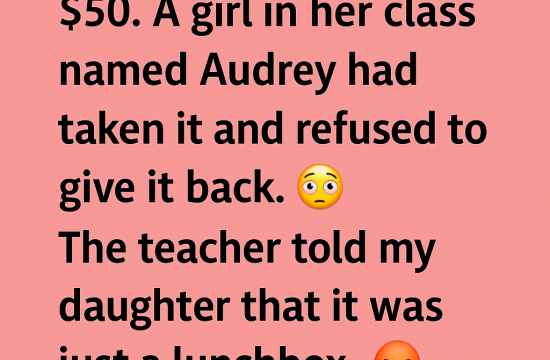It was my daughter Pam’s 20th birthday, and everything was ready—balloons, cake, and memories. I thought the knock on the door was her. Instead, I found a tearful stranger asking for my daughter… and what she said next shattered everything I thought I knew.
It was early, and the house was still warm from the oven. I’d been up since six, frosting the cake, cleaning the kitchen, making sure the streamers hung just the way Pam liked. The living room smelled like vanilla and citrus cleaner—sweet and sharp, home in every breath.
Balloons floated lazily at different heights, tied to chairs and table legs. Some bumped the ceiling as if too excited to stay still. A gold Happy Birthday banner sagged a little in the middle. I thought about fixing it but decided not to—it looked more human that way.
On the bookshelf was one of my favorite photos: Pam at four, curls wild from the beach wind, arms flung open as if to hug the whole ocean. Her laughter from that day still lived somewhere deep in my heart.
That’s when the doorbell rang.
I smiled. “That’s her,” I whispered, wiping my hands on a dish towel.
I opened the door, expecting my daughter. But standing there was a woman, maybe in her fifties, her gray hair loose around her shoulders. Her eyes were red and tired, her face pale like she hadn’t slept in days.
“Does Pam live here?” she asked, her voice trembling.
“She does,” I said, surprised. “She’ll be home soon. May I ask why you’re looking for her?”
She hesitated, gripping the strap of her purse. “Please,” she said quietly. “Let me speak with her. I’ll explain everything, I promise.”
Something in her tone—raw, pleading—made me step aside. “Come in,” I said gently. “Would you like some tea?”
She nodded and stepped into the house. Her eyes lingered on the photos lining the walls—Pam’s first day of school, her violin recital, her graduation portrait.
“You have a beautiful daughter,” she whispered.
“Thank you,” I said softly. “You said you’d explain?”
“I will,” she murmured. “When she’s here.”
And as if the universe were listening, the doorbell rang again.
This time, it was Pam.
She stood in the sunlight, curls piled into a messy bun, gift bag in hand. “Happy birthday to me,” she laughed. I hugged her before she could say anything.
“Okay, Mom, you’re crushing the bag,” she giggled.
“Happy birthday, sweetheart,” I said, stepping back with a smile.
But her laughter faded when she noticed the woman sitting stiffly on our couch.
“Who’s this?” Pam asked, her voice wary.
The woman rose slowly, her fingers trembling. “Hi, Pam,” she said, voice breaking. “I’m your mother.”
Silence.
Pam turned to me, eyes wide. “Mom? What is she talking about?”
My heart pounded. I could barely breathe.
“I—” My voice cracked. “I was going to tell you today, but not like this.”
I went to the bookshelf and pulled out a thin folder I’d hidden behind the photo albums. Twenty years of truth, sealed away.
Pam took it, her fingers shaking as she opened it. The only sound in the room was the rustle of papers and her uneven breathing.
When she finally looked up, her face was pale. “This can’t be real,” she whispered. “I’m… adopted?”
Tears filled my eyes. “You were a miracle, Pam. I couldn’t have children. When you came into my life, it was like the world finally made sense.”
“You should’ve told me,” she said sharply. “You had no right to hide this from me!”
“I was scared,” I whispered. “Scared that if you knew, I’d lose you.”
The woman—her birth mother—spoke suddenly, voice cracking. “I gave birth to you. I never wanted to lose you.”
Pam turned on her, angry tears spilling down her face. “Then where were you for twenty years?”
The woman’s jaw trembled. “I was in a coma,” she said. “I was pregnant when I had a car accident. The doctors saved you… but I didn’t wake up until five months ago. I’ve been looking for you ever since.”
The air went still.
And then, the front door slammed. Pam was gone.
Hours later, the house was silent again. The balloons hung motionless, the frosting on the cake had hardened. The woman—Marlene—sat across from me, her hands clasped tightly.
“You’ve raised her beautifully,” she said softly, eyes fixed on Pam’s photos.
I nodded. “Her first bath,” I said, pulling out a photo album. “She screamed the whole time.”
Marlene smiled through her tears. We turned pages together—Pam’s first steps, her missing front teeth, her blue prom dress. Two mothers, bound by love for the same girl.
Then, headlights flashed through the window.
Pam stepped inside, face streaked with tears but calm now. “I want to say something,” she said quietly.
She looked first at Marlene. “You’re my birth mother. I can’t imagine what you’ve been through. I want to get to know you… if you’ll let me.”
Marlene’s hand flew to her mouth as she nodded, tears streaming.
Then Pam turned to me. “But Mom—” her voice softened, “you’re the one who raised me. You packed my lunches, held my hand, cheered the loudest. You’re my mom. That’s never going to change.”
I broke then, wrapping her in my arms as the tears came freely.
We ended up sitting together at the kitchen table—the three of us. The cake untouched, the candles unlit.
“So what now?” Marlene asked softly.
Pam looked at both of us. “We don’t have to choose,” she said. “We can move forward together.”
Marlene let out a shaky laugh. “You’re wise,” she said. “Wiser than I ever was.”
Pam smiled and reached out her hands. We each took one, fingers entwined.
No words. No explanations.
Just three women—bound by loss, by love, and by a miracle that refused to be broken.
And in that quiet kitchen, with everything laid bare, love did what it always does—held us together.



